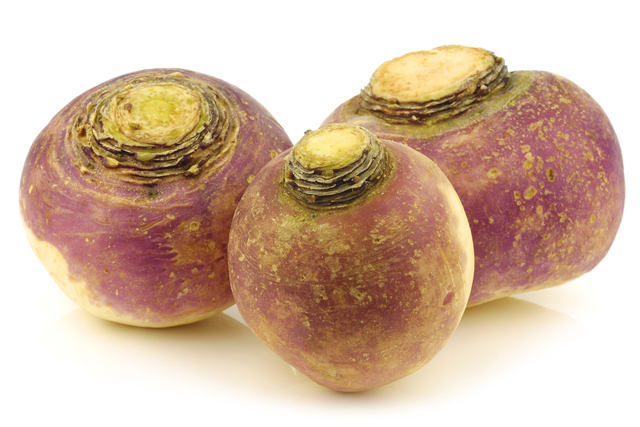Chicory – sources, health benefits, nutrients, uses and constituents at NaturalPedia.com
06/23/2017 / By Russel Davis

Chicory, also commonly called endive, is a popular salad green characterized by its crisp, slightly bitter leaves. Aside from this, the plant’s roots can be processed into powder and used as a coffee substitute. The vegetable is native to Europe, North Africa and Asia Minor. According to BBCGoodFood.com, the plant is available all-year round, but is especially abundant from January to mid-March.
List of known nutrients
Just like other green leafy vegetables, chicory is an excellent source of essential vitamins and minerals that promote the body’s overall health.
- Beta-Carotene
- Calcium
- Copper
- Folates
- Iron
- Lutein
- Magnesium
- Manganese
- Niacin
- Pantothenic acid
- Phosphorus
- Potassium
- Protein
- Pyridoxine
- Riboflavin
- Selenium
- Sodium
- Thiamin
- Vitamin A
- Vitamin C
- Vitamin E
- Vitamin K
- Zeaxanthin
- Zinc
Medicinal uses for chicory
Chicory is known to contain inulin, a powerful probiotic that improves the overall health of the digestive system. The inulin in chicory helps reduce the system’s acidity, which in turn prevents the onset of various digestive issues such as constipation, acid reflux disease, and indigestion as well as dyspepsia and heartburn. Likewise, the vegetable is notably high in dietary fiber and oligofructose that reduce the levels of ghrelin, an appetite-stimulating hormone. This makes chicory an ideal food fare for people trying to lose weight.
Aside from this, chicory is known to stimulate the production of bile from the liver and gallbladder, which in turn promotes urination and excretion of harmful substances from the body. This suggests that chicory is highly effective in addressing gallstones and liver stones. On the other hand, dried chicory root is known to treat jaundice and combat liver damage. Chicory extracts are also found to mitigate tumor growth and prevent the onset of breast and colorectal cancers. Previous studies have shown that these effects were due in part to the fructans and antioxidants contained in chicory.
In addition, chicory contains sedative properties that help combat the effects of anxiety and stress on the body. On the other hand, chicory root extracts are known to promote sleep, and are generally more effective than sleeping pills. Chicory is touted to keep a variety of stress-related diseases, such as heart disease, hormonal imbalance, and insomnia as well as cognitive decline, and premature aging, in check. The plant is also notable for its anti-microbial properties that facilitate wound healing. Furthermore, chicory root extracts are highly valued for their diuretic properties that help flush away toxins from the body.
However, researchers have cautioned that pregnant women should not overeat chicory. The vegetable is found to potentially stimulate menstruation, which in turn may possibly turn into miscarriage. Pregnant women are also warned to avoid excessive consumption if they are breastfeeding. In addition, experts noted that allergic reactions may occur as the plant is closely related to ragweed, marigolds and daisies.
Body systems supported by chicory
Chicory is best known for its digestive system benefits, especially for the colon, the liver, and the gallbladder. The plant is also highly valued for its beneficial effects on the nervous system and the urinary system.
Ways to use chicory
As with other green leafy vegetables, chicory can be used in a variety of recipes such as salads and meat dishes. Chicory can also be roasted or boiled and sauteed to tone down its mildly bitter flavor.
Where to learn more
- With These Home Remedies You can Cleanse Your Liver and Feel Revitalized Without Going to the Doctor
- Top 5 Natural Herbs for Liver Health
- Chicory is especially great for your liver and digestive tract
- From Headache to Jaundice: Sky-Blue Chicory Cures Liver Ailments
- Endive, the medicinal benefits of bitterness
Summary
Chicory prevents digestive issues, gallstones, and liver stones as well as certain types of cancer.
Chicory staves off stress-related conditions and promote wound healing and kidney health,
Chicory is known to support the digestive, nervous, and urinary systems.
Sources include:
Tagged Under: chicory





















